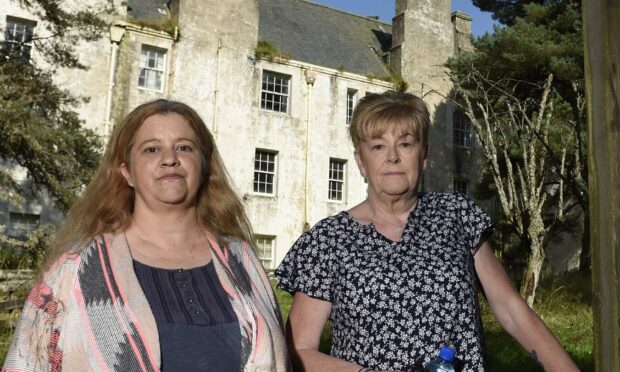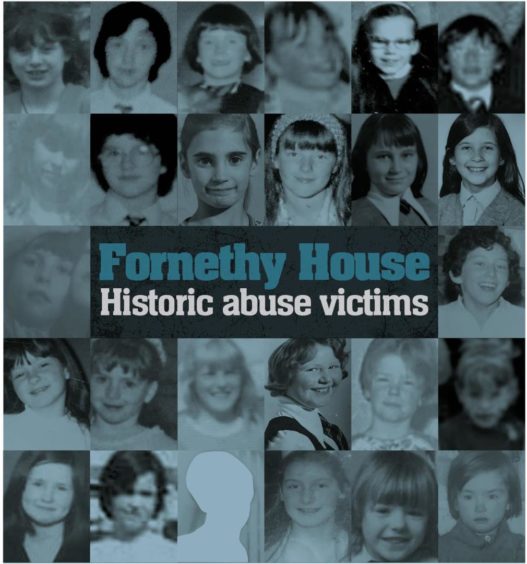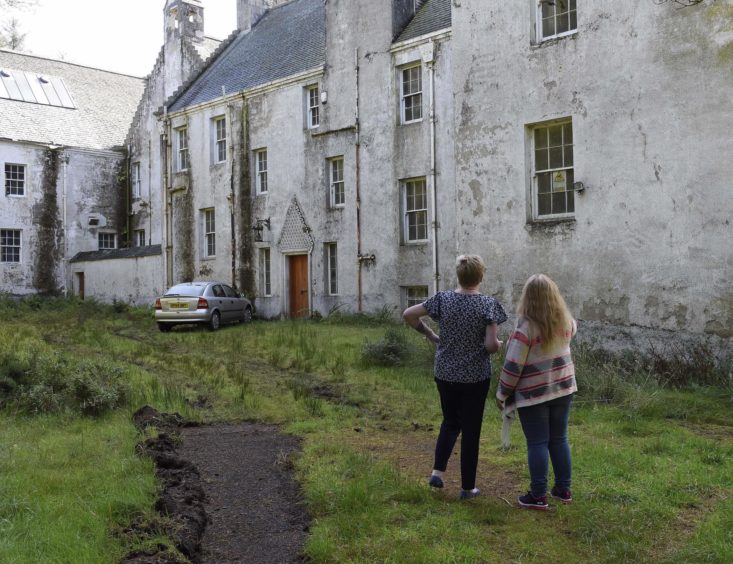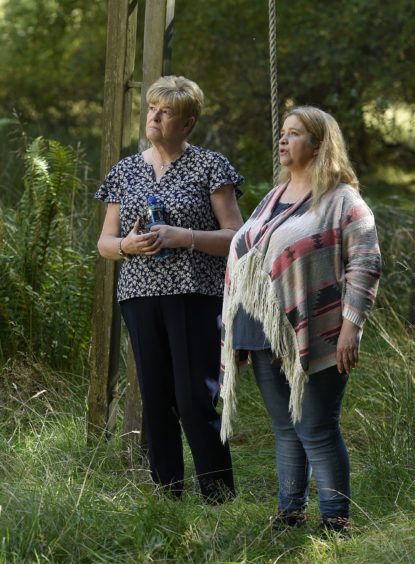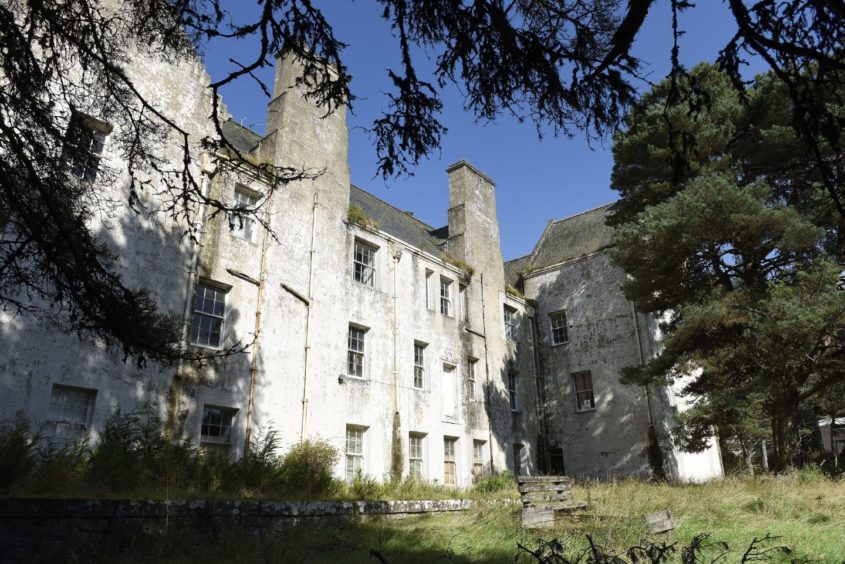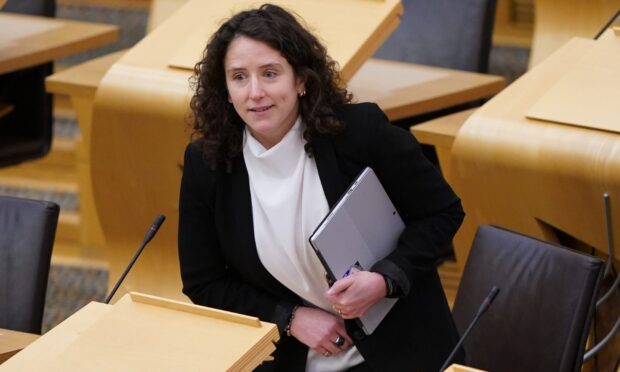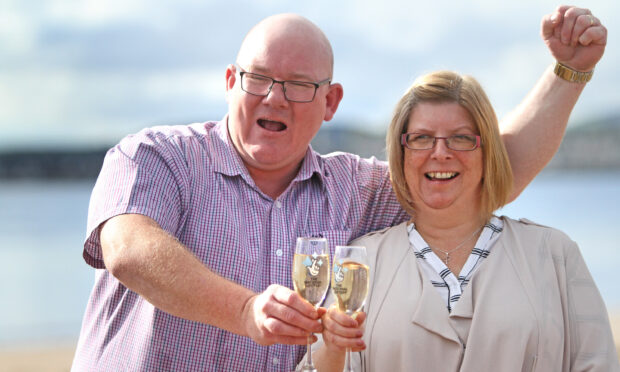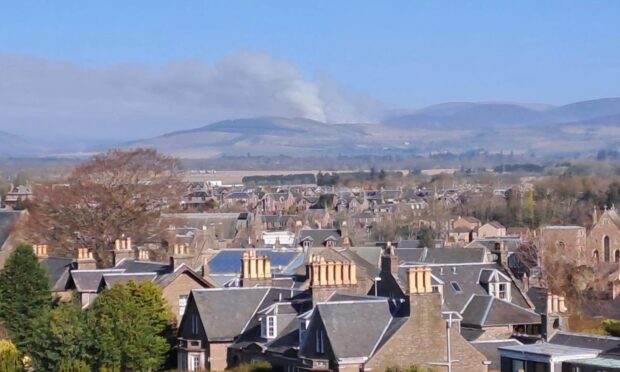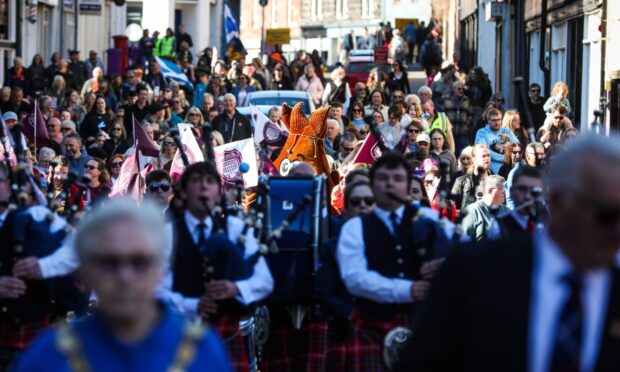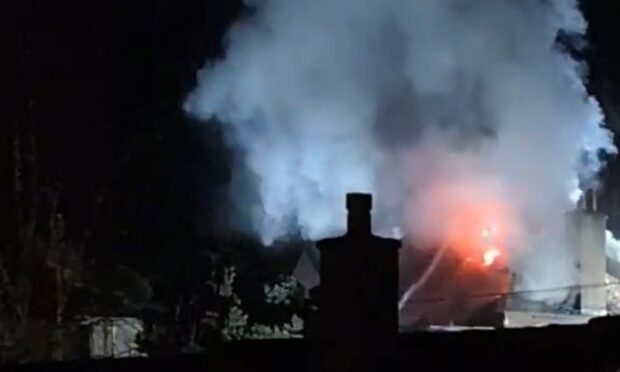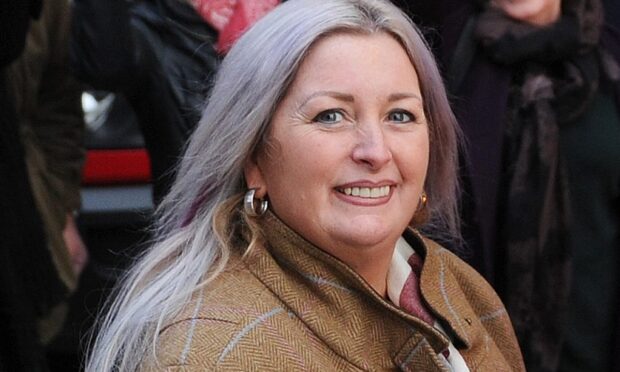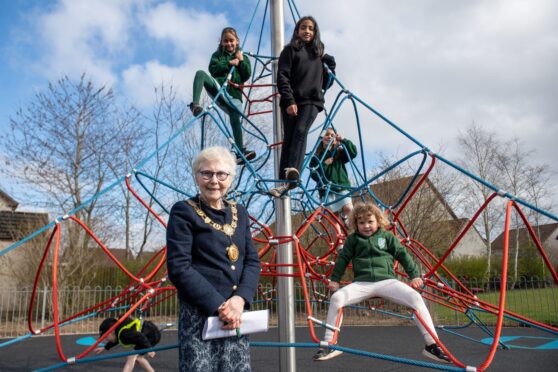Survivors who say they endured child abuse at an Angus residential school have launched a petition against the Scottish Government after they were deemed exempt from compensation.
Police are currently investigating claims of physical and sexual abuse in the ’60s and ’70s made by former pupils of rural Fornethy House in Kilry.
The school was run by Glasgow Corporation which was later renamed Glasgow City Council in 1996.
Allegations first arose over two years ago when Marion Reid went public with her story in the hope of finding other victims.
More than 200 women have since come forward with similar claims of sexual and physical abuse while visiting Fornethy House as children.
Now aged between their late 40s and 60s, victims have told lawyers they were sexually abused, beaten, punched and force fed by staff while staying at the residential home.
Nobody has been brought to justice yet.
Fornethy ‘exempt’ from government compensation
Fornethy victims were told last month they cannot apply for government financial compensation in a new taxpayer-funded redress scheme.
The redress scheme is an alternative to civil court action for survivors of historical child abuse while in care.
It offers compensation or support and an apology from the organisation responsible.
It was created as victims of historic child abuse in Scotland cannot seek civil damages in court if the abuse occurred before September 1964.
But any Fornethy survivor who has applied so far has been told they do not apply because their visit to the school was a “short-term holiday”.
Marion, who claims she was frequently assaulted by employees during her time at Fornethy while aged eight, said she is in disbelief at the decision.
The 64-year-old said: “It’s just unbelievable.
“For the women who were there in 1961, redress was the only option open to them.
“I was there six weeks, there’s not one girl so far in this group that was there for a short-term holiday.”
She added: “I don’t care what they want to call it, that to me shouldn’t be the question.
“Even if we go along with the fact it was a holiday, it was still run by Glasgow Corporation and we suffered abuse there.
“The money doesn’t come into it for most of us, but it should be open to all of us and we should have the same opportunity as every other abuse case.
Victims launch petition and protest
The Angus residential home first opened in 1961, where former residents mostly visited for six to eight weeks at a time, on the pretence they were going on holiday.
It closed in 1993 and the building remains abandoned and derelict.
In September, the group now known as the ‘Fornethy House Residential School Survivors’, protested in front of Glasgow City Chambers calling for answers over “missing” council records needed as evidence for the women to make a civil claim.
The group plan to protest outside the Scottish Parliament on February 24 and hope that if their petition gains enough signatures, the government will re-consider the redress clause.
‘Not removed’ from parents
Laura Connor, who represents the Fornethy group at Thompsons solicitors, explained the government definition of short-term holiday is a child was not removed from the permanent care of their parents or carer.
“There weren’t phones back then, the children couldn’t text or phone home to check in,” she said.
“I imagine they would have felt removed from their parents and they didn’t have a connection with them in the periods they were there.
“Significant abuse can have occurred within a week and the trauma from that can live with them for a long time.
“I think for many reasons it’s unfair what happened and we would support the women if they are campaigning against it.”
Why was this decision made?
A Scottish Government spokesperson said: “Eligibility for Scotland’s redress scheme is not based on how long a child was in care, nor the length of time over which they were abused.
“The redress scheme is based on how the child came to be in care and the type of care setting they were in.
“As the circumstances in which individuals came to be at Fornethy may vary, it is not possible to determine eligibility for the group as a whole.”
‘Wall of silence’ from council
Thompsons have also been met with issues from Glasgow City Council in their search for information.
Laura added: “We have really been met with a wall of silence from Glasgow City Council so far.
“They have not been very engaging with us in discussions for any sort of settlement and we don’t know where the records are.”
‘200 women can’t be wrong’
Marion said the abuse she suffered has caused her lifelong trauma and contributed to several suicide attempts, starting at just 14 years old.
“All my life I’ve never given up on this, Marion said.
“There’s 200 of us that have come forward and probably more out there. Every one of us were strangers who all came together and told the same story, I always believed it was just me.
“Two hundred women can’t be wrong.”
Police investigation still ongoing
Detective Inspector Mark Lamont from Tayside Division, said: “In complex and challenging investigations such as this we work very closely with the Procurator Fiscal Service and we keep them regularly updated as enquiries progress.
“This investigation remains ongoing.
“All reports of child abuse will be fully investigated and we are committed to bring perpetrators to justice.
“I would encourage anybody who has been the victim of abuse, either recently or in the past, to please come forward and report the matter to us.”
Claims made to Glasgow City Council
A spokeswoman for Glasgow City Council said: “Council officers are helping police with their enquiries.
“Our claims department is now in receipt of 159 claims and acknowledgements for these claims have been sent to Thompsons.
“It would be inappropriate to comment further at this time.”
